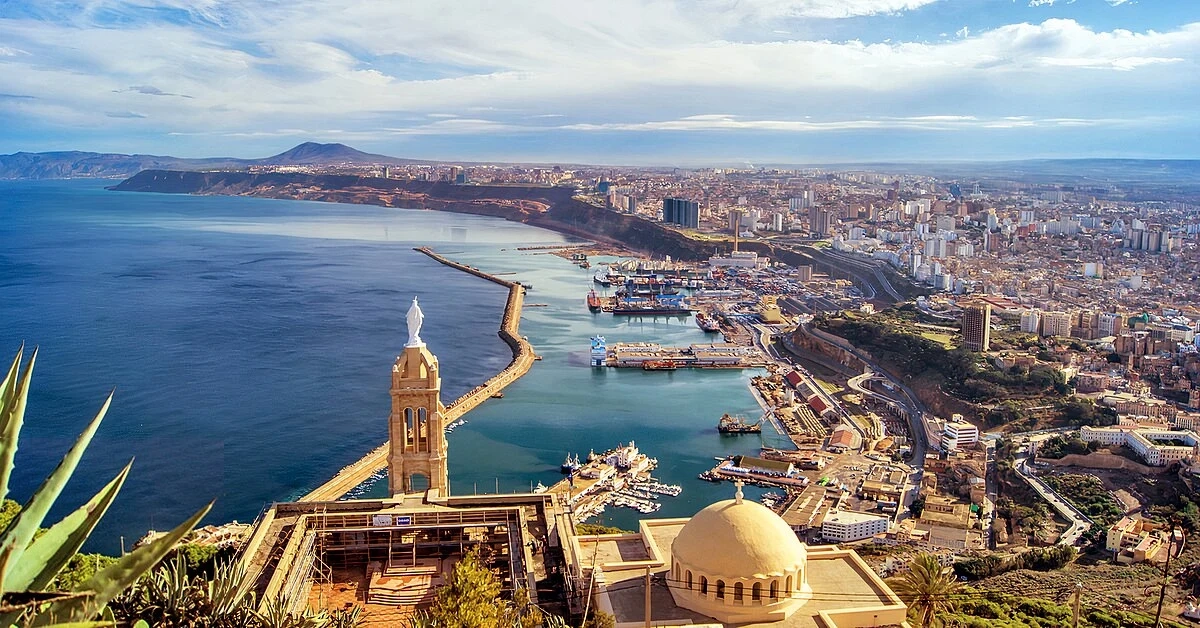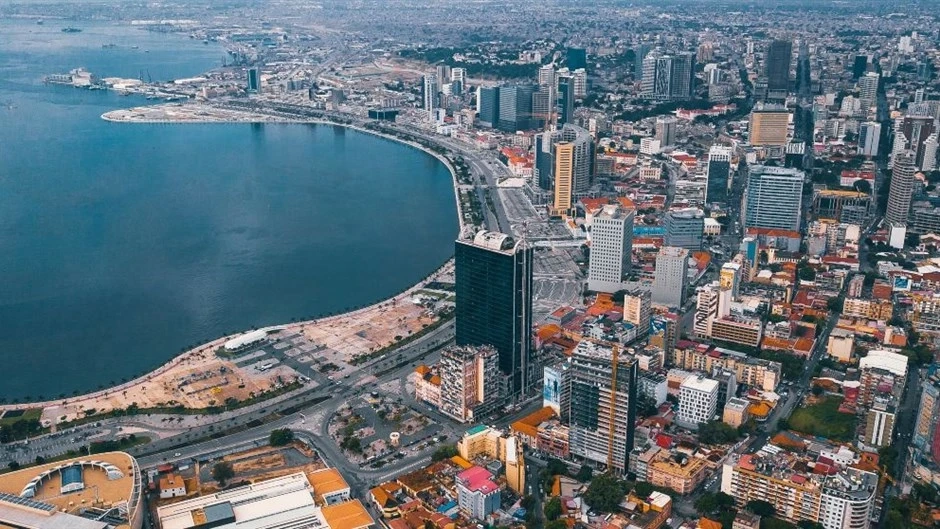1. Mining and Geology: Chile is a major producer of copper and other minerals, making mining and geology-related professions highly sought after.
Salary: Geologists and mining engineers can earn varying salaries depending on experience, but mid-career professionals may earn between CLP 25,000,000 to CLP 40,000,000 per year.
2. Information Technology (IT): With a growing emphasis on technology, IT professionals are in demand for roles such as software development, data analysis, and IT management.
Salary: IT salaries vary based on roles and experience, with software developers earning around CLP 18,000,000 to CLP 30,000,000 annually.
3. Finance and Banking: Professionals in finance, including accountants, financial analysts, and bankers, are essential in Chile's economic landscape.
Salary: Financial analysts may earn between CLP 20,000,000 to CLP 35,000,000 annually.
4. Healthcare (Doctors and Nurses): Healthcare professionals are consistently in demand.
Salary: General practitioners may earn around CLP 30,000,000 to CLP 50,000,000 annually.
5. Engineering (Civil, Mechanical, Electrical): Engineering professionals are needed for infrastructure development, energy projects, and various industrial activities.
Salary: Mid-career engineers may earn between CLP 20,000,000 to CLP 40,000,000 annually.
• Working Week. The standard working week in Chile is 45 hours, typically spread over five or six days. The normal daily work limit is 10 hours, including overtime.
• Vacation. Employees are entitled to paid annual leave, commonly known as vacation. The duration of vacation entitlement depends on the length of service. Typically, employees with one year of service are entitled to 15 working days of vacation.
• Public Holidays. Chile observes several public holidays, and employees are generally entitled to a day off with full pay. If an employee is required to work on a public holiday, they are entitled to additional compensation.
• Sick Leave. Employees are entitled to sick leave with full pay for up to six months. The duration of paid sick leave may vary based on the length of service and the specific circumstances.
• Maternity and Paternity Leave. Female employees are entitled to maternity leave with full pay, while male employees are entitled to paternity leave. The duration of maternity and paternity leave may vary.
• Minimum Wage in Chile: the monthly minimum wage is CLP 337,000.
• Average Wage: the average monthly wage in Chile is around CLP 800,000 to CLP 1,500,000. The average wage can vary widely depending on the industry, job sector, and individual qualifications.
1. Startup Chile Program:
The Chilean government has actively supported entrepreneurship through initiatives like the Startup Chile program. Launched in 2010, this program attracts international startups by providing funding, mentorship, and a supportive ecosystem. It has played a pivotal role in positioning Chile as a global entrepreneurship destination.
2. Incubators and Accelerators:
Numerous incubators and accelerators operate in Chile, offering resources, mentorship, and networking opportunities for startups. These organizations play a crucial role in nurturing fledgling businesses, helping them navigate challenges and accelerate their growth.
3. Access to Funding:
Chile boasts a well-developed financial ecosystem with access to venture capital, angel investors, and government grants. Entrepreneurs often find diverse funding options, allowing them to secure the capital needed to transform innovative ideas into viable businesses.
4. Technological Innovation:
The country has witnessed a surge in technological innovation, particularly in sectors such as fintech, healthtech, and renewable energy. Government support for research and development has contributed to a culture of innovation, attracting entrepreneurs keen on technological advancements.
5. Supportive Government Policies:
The Chilean government has implemented policies to streamline business registration processes and reduce bureaucratic hurdles. Initiatives such as simplified tax procedures and regulatory reforms aim to create a more favorable environment for entrepreneurs to establish and grow their ventures.
1. Santiago - the capital and largest city of Chile, serves as the country's economic and financial hub. It is home to a significant portion of Chile's businesses, financial institutions, and government offices.
2. Valparaíso - Valparaíso's strategic location as a port city facilitates international trade. It has a growing arts and tourism sector, contributing to the city's economic dynamism.
3. Viña del Mar - Viña del Mar's thriving tourism industry provides opportunities for businesses in hospitality, entertainment, and related sectors. The city's proximity to Santiago also enhances its economic connectivity.
4. Concepción - The city's industrial base and strategic location make it a key player in Chile's economic landscape. It is an important hub for sectors such as forestry, manufacturing, and services.
5. Antofagasta - Antofagasta's economy is closely tied to mining activities, making it an essential city for businesses in the mining and resources sector. It serves as a regional economic center for the northern part of the country.















